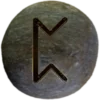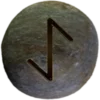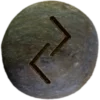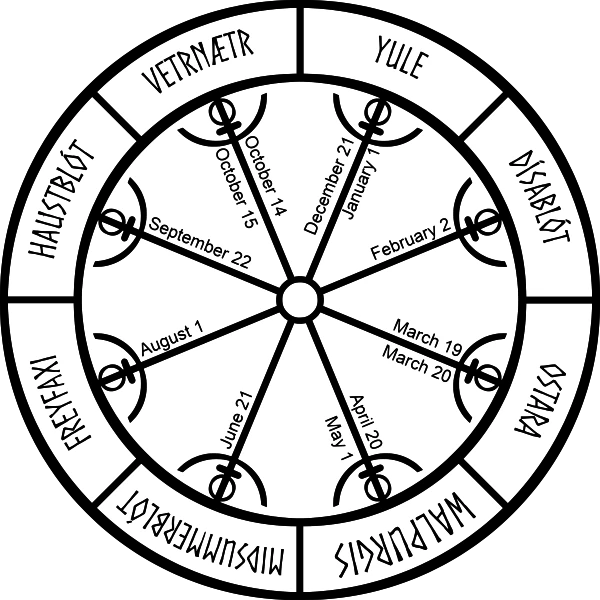Last Updated on February 19, 2025
Table of Contents


The Norns (pronounced “NORNS”) are central figures in Norse mythology, described as the weavers of fate. Their name, often spelled Nornir in Old Norse, derives from a root word associated with “to twine” or “to weave.” They appear prominently in the Poetic Edda and Prose Edda, particularly in Völuspá and Gylfaginning.
Three primary Norns oversee the fates of gods and mortals: Urðr (pronounced “OORD-thur,” meaning “What Has Become”), Verðandi (pronounced “VER-than-dee,” meaning “What Is Becoming”), and Skuld (pronounced “SKOOLD,” meaning “What Shall Be”). They reside at the Well of Urðr, beneath Yggdrasil, the World Tree. From here, they tend the tree and weave the threads of destiny into a complex tapestry.
These are not the only entities of their kind. The Poetic Edda mentions numerous others tied to individuals, families, and communities. These lesser Norns influence the personal and communal threads of life. Their actions reflect the Norse understanding of fate as both preordained and influenced by present actions.
They work transcends human comprehension. They maintain balance, ensuring the cosmos operates harmoniously. Their weaving reflects a cyclical view of time, with past, present, and future intertwined. This concept of fate challenges the linear perception of existence, emphasizing interconnectedness and inevitability.
The Prose Edda notes that the gods themselves are subject to the Norns’ will. Even Odin, the Allfather, cannot escape the threads they weave. Their presence in myths like Völuspá reinforces their role as fundamental forces in Norse cosmology. ![]()
Two Elder Futhark Runes Associated with the Norns
Eihwaz (pronounced “AY-wahz”) represents Yggdrasil, the cosmic axis where the Norns reside, reflecting stability and connection to the divine. ![]()
Perthro (pronounced “PER-throh”) symbolizes fate, mystery, and the unknown, aligning with the their role in shaping destiny.
Their Importance to Asatruar
The Norns inspire Asatruar to honor the interplay between fate and choice, embracing personal responsibility in life’s journey. Their role in weaving destiny encourages reflection on past actions while striving to shape a meaningful present and future. They serve as reminders of cosmic balance and interconnectedness, anchoring Asatruar in Norse spiritual and cultural traditions.


